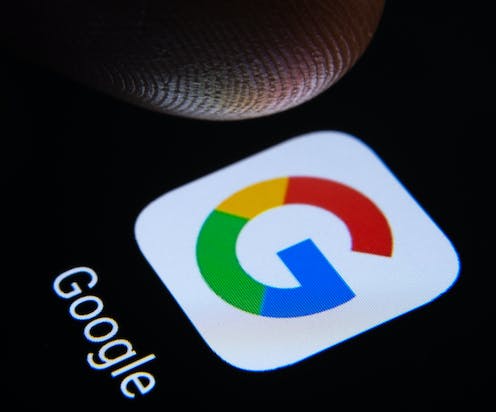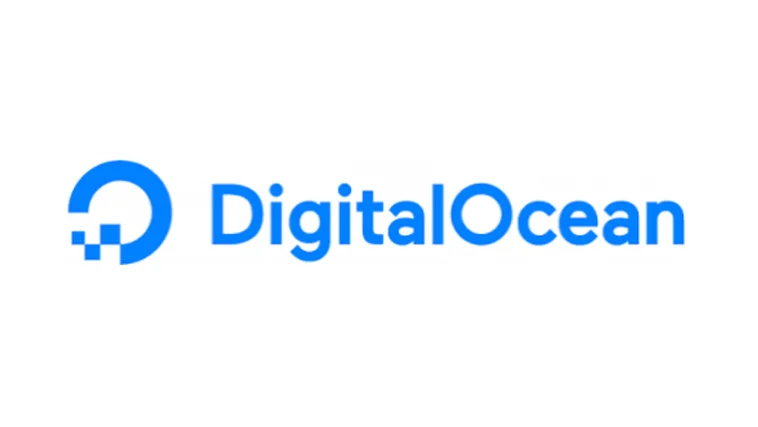
According to a leaked document, readily available software is a threat to both a tech company and OpenAI’s ChatGPT
An engineer at Google has cautioned that the company may not be capable of winning the AI race and may be overtaken by widely available AI technology, according to a leaked document. The document also mentions OpenAI, the creator of the ChatGPT chatbot, stating that Google has been keeping a close eye on their progress.
The engineer further added that the open-source community represented a “third faction” that posed a competitive challenge to both Google and OpenAI. Unlike proprietary software, open-source developers share their work with everyone, allowing for modifications and improvements. Well-known examples of open-source technology include Linux and LibreOffice. The Google engineer highlighted that open-source AI developers were already outpacing them, citing examples such as Meta’s large language model tools, which were released by the company on a limited, noncommercial basis but were leaked online shortly after.
The leaked document noted that since the Meta’s LLaMA model was made more widely accessible, the threshold for developing AI models has decreased from requiring the resources of a large research organization to just a single individual, an evening’s work, and a powerful laptop. The document also mentioned websites that host open-source visual art generation models. In contrast, Chat GPT and Google’s Bard chatbot do not release the details of their underlying models to the public
The engineer cautioned that Google lacked a distinctive advantage and that their only hope was to gain knowledge from and cooperate with developments outside the company. They further stated that people would not pay for a limited AI model when there are free, unrestricted alternatives that are of similar quality.
This week, the EU received a warning that it must safeguard grassroots AI research in its proposed AI bill; otherwise, the release of open-source models could be impeded. In an open letter led by the German research group, Large-scale AI Open Network (Laion), the European parliament was informed that any regulations necessitating developers to supervise or regulate the utilization of their work “could make it impossible to release open-source AI in Europe.” The letter from Laion stated that such limitations would “cement the positions of large firms” and “inhibit efforts to improve transparency, restrict competition, stifle academic freedom, and channel investment in AI overseas.”
The UK competition watchdog initiated an investigation into the AI market on Thursday, with particular emphasis on the foundational models underpinning generative AI tools such as ChatGPT, Bard, and the image generator Stable Diffusion. The Competition and Markets Authority stated that preserving AI innovation necessitated “open, competitive markets.”
SemiAnalysis, a consulting firm, uploaded the document from the Google engineer online, claiming to have “verified” its authenticity after it was circulated on a public server via the Discord chat platform. While Google has not issued an official company memorandum regarding the matter, The Guardian has reached out to the engineer mentioned in Bloomberg’s article for comment.




